DECREASING YOUR DEBT AND INCREASING YOUR INCOME: A DUAL APPROACH TO PREPARING FOR HOMEOWNERSHIP
The pursuit of homeownership is an exciting journey, peppered with vital financial decisions. One such crucial consideration lies in your ability to create a spending deficit, an essential step achieved by decreasing your debt and increasing your income. This dual strategy is a potent approach to securing the keys to your dream home.
THE ROLE OF YOUR DEBT-TO-INCOME RATIO IN HOME BUYING
Central to any mortgage application is the debt-to-income (DTI) ratio, calculated by dividing your total monthly debt payments by your monthly gross income and multiplying by 100 to get a percentage. This simple yet crucial financial indicator is vital to your financial profile. It comes under significant scrutiny from mortgage lenders.
Generally, a DTI ratio below 36% is low and desirable, signaling a well-balanced financial scenario and enhancing your favorability in lenders' eyes. On the other hand, a high DTI ratio—typically 43% or higher—suggests potential financial stress, raising doubts about your ability to manage additional commitments like a mortgage. It's worth noting that obtaining a mortgage with a high DTI ratio isn't impossible—it just may involve higher interest rates and stricter loan terms.
This focus on the DTI ratio by lenders because it helps them gauge the risk involved in lending to you. A high DTI ratio indicates a higher likelihood of you having trouble making your mortgage payments. Consequently, your DTI ratio can significantly affect your mortgage terms, impacting both the interest rate you qualify for and the amount you're allowed to borrow.
The path to lowering your DTI ratio lies in reducing your debt or boosting your income—or, better yet, both. And while the type of debt doesn't necessarily alter your DTI ratio—since it's the total debt that counts—certain high-interest debts like credit card debt can more severely affect your overall financial health.
DECREASING YOUR DEBT: A KEY STRATEGY FOR HOME BUYING
Navigating the path to homeownership becomes smoother with less debt. Any form of debt, whether credit card balances, student loans, or car loans, plays a significant role in your financial health and mortgage approval chances. Therefore, crafting a comprehensive plan to tackle these debts efficiently is essential.
To initiate the process, you must inventory all your debts, listing all outstanding loans, their corresponding interest rates, and remaining term. Understanding the nature of each debt is crucial.
With this information in hand, it's time to prioritize. You might use the debt snowball method—paying off smaller debts first for a quick win—or the debt avalanche method, which targets the highest-interest debt first for the most substantial long-term savings. Both approaches have their merits, and your choice will depend on what suits your financial situation and temperament best.
The ultimate objective is to reduce total outstanding debt as much as possible before submitting your mortgage application. Doing this decreases the 'debt' part of the DTI ratio, enhancing this financial indicator. Moreover, a deliberate effort to lower your debt paints a picture of financial responsibility—a trait lenders appreciate.
If decreasing your debt seems daunting due to financial constraints, focus on making regular, timely payments and avoid taking on more debt. Remember, the timeline for debt reduction is personal and largely depends on your unique financial situation. The sooner you can start, the better.
Lastly, consolidation might be an option if you're dealing with multiple debts. But remember to weigh the overall costs and potential impact on your credit score before deciding. With the right strategy, you can decrease debt and pave the way toward homeownership.
STRATEGIES TO INCREASE YOUR INCOME
Exploring ways to boost your income can create a positive ripple effect on your financial health. An increased income decreases your DTI ratio by growing the 'income' part. It provides a welcome cushion for upcoming homeownership expenses.
For many, boosting income may mean initiating those tough conversations about a raise at your current job. Approach this dialogue with concrete examples of your achievements and the value you've added to the company. Ideally, time this conversation to coincide with performance reviews when managers consider salary adjustments.
Alternatively, consider exploring new career opportunities. Updating your LinkedIn profile, networking with industry professionals, engaging with recruiters, or spending your spare time browsing online job platforms could open doors to higher-paying roles.
Increasing your income doesn't have to mean changing your full-time job. Consider side hustles such as freelance writing, graphic design, tutoring, pet sitting, or driving for a ride-share company. Passive income streams like rental income, dividend stocks, or running an online store might also be worth exploring.
Remember, every dollar earned contributes to enhancing your financial profile. While a significant increase in income can dramatically impact your DTI ratio, even small increments can make a difference. As for the timeline, the sooner you can increase your income, the better prepared you'll be when it's time to apply for that mortgage and secure your dream home.
THE IMPACT OF A HIGHER INCOME ON YOUR HOME-BUYING JOURNEY
Elevating your income can propel your home-buying journey to smoother territories. Regardless of the amount, an increase in income can lower your DTI ratio and provide the means for enhanced savings. You could accumulate a more substantial down payment, easing the management of future mortgage payments.
While the specifics depend on individual circumstances and market conditions, these favorable terms include lower interest rates, leading to thousands of savings over your loan's lifetime. However, it's important to remember that a higher income is just one piece of the mortgage approval puzzle. Other components, such as credit score, down payment size, and your DTI ratio, also carry significant weight.
Figuring out the optimal use of additional income requires careful thought, as deciding between making a larger down payment or making extra payments on your mortgage isn't a one-size-fits-all answer. Making a larger down payment—paying a higher percentage of the home's purchase price when you buy—can reduce the amount you need to borrow, leading to lower monthly mortgage payments. Alternatively, making extra payments on your mortgage, particularly in the early years of the loan, can reduce the principal faster, curbing the total amount of interest paid over the life of the loan. Both strategies can lead to long-term savings. Ultimately, the best choice depends on your financial situation and homeownership goals.
THE COMBINED EFFECT OF DECREASING DEBT AND INCREASING INCOME
Merging two powerful strategies—decreasing debt and increasing income—can significantly amplify your readiness for homeownership. Less debt means a healthier DTI ratio and an impression of financial responsibility. A higher income showcases a more robust capacity to handle future obligations.
Furthermore, adopting this dual strategy readies you for homeownership's ongoing financial responsibilities. Reduced debt equals fewer financial obligations and higher disposable income, leaving more room in your budget for homeowner-specific expenses like property taxes, home insurance, and maintenance. On the flip side, increased income affords more resources to manage these same expenses, creating a safety net for unexpected costs.
As for how much you should aim to decrease your debt or increase your income, there isn't a set number that fits all scenarios. Any progress in either area can enhance your financial outlook and improve your chances of securing a mortgage. However, the more you can decrease debt and increase income, the stronger your position becomes.
While striving to reduce debt and increase income simultaneously is ideal, individual circumstances may dictate prioritizing one over the other. If high-interest debt weighs you down, tackling that could be smart. Even if significant debt reduction or income increase seems unattainable, every little bit helps. Making steady efforts to improve your financial situation can put you in a better position when you're ready to apply for a mortgage.
Take a comprehensive look at your debts and income sources. Then, devise a strategy focusing on reducing high-interest debt and simultaneously exploring avenues to boost your income. The path to homeownership might seem challenging, but it can become a rewarding journey with focused efforts and a strategic approach.
TIME TO TAKE ACTION
Decreasing your debt and increasing your income is a proven strategy for those preparing for homeownership. This approach is more than just a box-ticking exercise—it's a transformative process to enhance your financial health and build a strong foundation for your future as a homeowner.
If you're ready to navigate this exciting journey, the team at 6th Ave Homes is here to help. Our experts can provide personalized guidance and help you prepare effectively for your home-buying adventure. Don't leave your dream to chance—schedule a meetup with us today.
Schedule a Meet Up
Ready to start the process of finding or creating a home that feels like you? Get started here.

